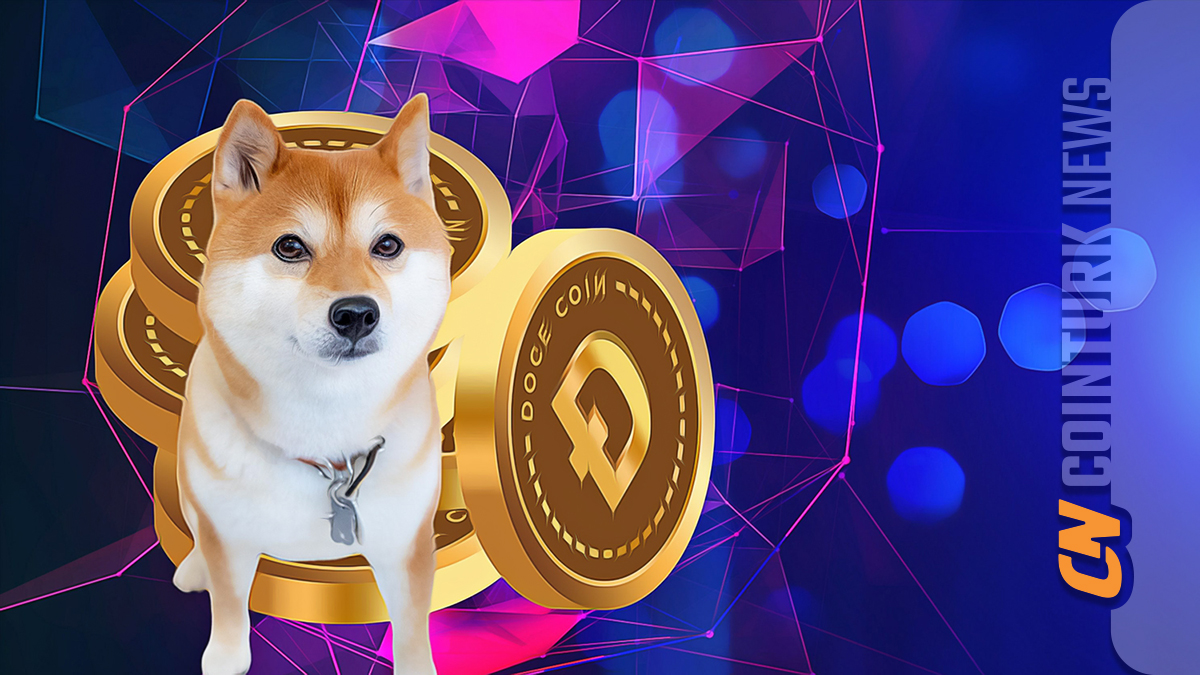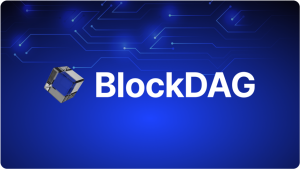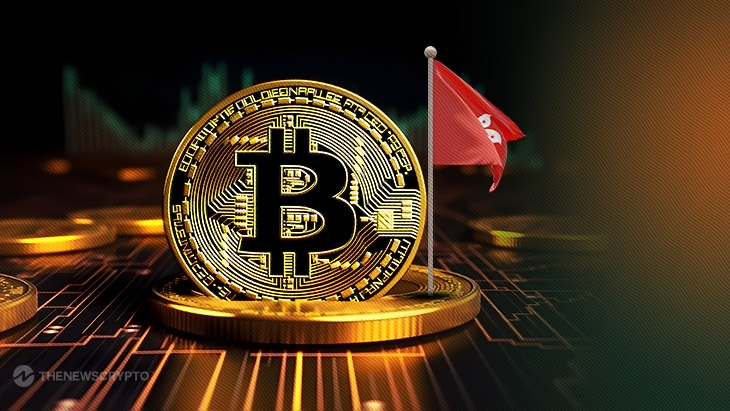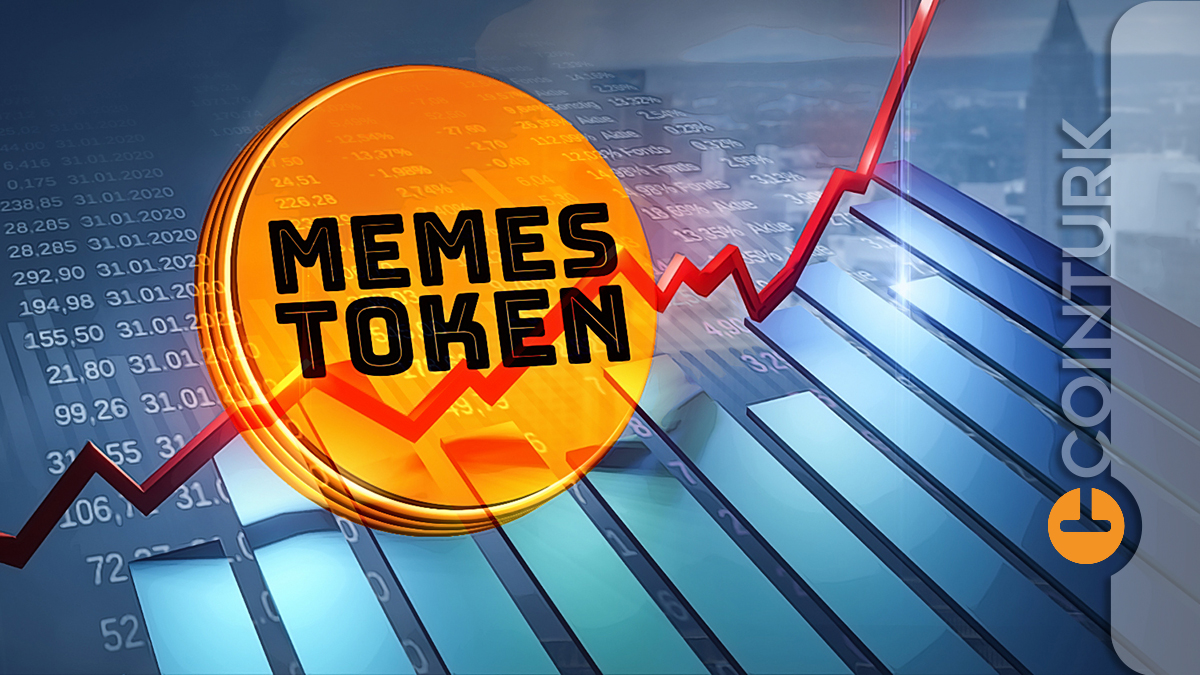Analyst Calls XRP The Next Bitcoin After Ripple CEO’s Bold Claims
Crypto analyst JackTheRippler and Ripple CEO Brad Garlinghouse recently shared their very optimistic predictions for XRP's future. Garlinghouse even suggested XRP could replace Bitcoin if certain challenges are addressed. Ripple's Q1 2024 report also revealed a 108% increase in XRP Ledger transactions. Additionally, Ripple's very proactive approach to quantum threats and “Q-day” is another factor that could give it a competitive edge over Bitcoin and the rest of the crypto market.
XRP the Next Bitcoin?
Well known crypto analyst JackTheRippler recently echoed the very optimistic views of Ripple CEO Brad Garlinghouse on the future of XRP. In an X post, JackTheRippler referenced Garlinghouse's interview with Bloomberg, where the CEO discussed XRP’s potential.
According to Garlinghouse, XRP’s value could increase a lot if certain challenges are addressed. The analyst seems to completely agree with the CEO’s assessment and even went as far as to call XRP the next Bitcoin.
Experts often look at XRP’s past performance as evidence of its potential, especially as the token surged by about 25,000% in 2017. On the other hand, Garlinghouse’s opinion that XRP could actually surpass Bitcoin is still a very heavily debated topic in the cryptocurrency industry.
In his interview, Garlinghouse also touched on some of the regulatory uncertainty in the crypto space, and he made a point of mentioning that Ripple is still very committed to compliance and collaboration with regulators and financial institutions.
Despite a recent 1.77% downturn in XRP’s price over the past month, the remittance token was still able to secure a slight 1.37% price jump in the past seven days of trading. The token also saw its trading volume increase by about 70% in the past 24 hours, which could suggest that there is rising demand for XRP. For now, it still remains to be seen if XRP will ever replace Bitcoin.
XRP Ledger Activity Doubles
Further fueling the optimism surrounding XRP is the fact that the number of transactions on the XRP Ledger (XRPL) more than doubled from the fourth quarter of 2023 to the end of the first quarter of 2024, according to Ripple’s Q1 2024 XRP Markets Report.
On-chain transaction activity surged by 108% in Q1 of 2024, totaling about 251.39 million transactions compared to 121.03 million that was recorded in Q4 of 2023. The average cost per transaction dropped by 45% to approximately $0.000856 as well. This decrease indicates that almost no network congestion occurred in the quarter.
The distribution of XRP trading volume among crypto exchanges remained steady in the first quarter, with Binance, Bybit, and Upbit accounting for more than 70% of the total traded volume. The proportion of volume traded through fiat pairs decreased from 15% in Q4 to 11%, with most XRP trading now occurring against Tether.
The report also mentioned the ongoing lawsuit between the United States Securities and Exchange Commission (SEC) and Ripple, which was filed by the SEC in December 2020. The SEC alleged that Ripple executives conducted an initial public offering of XRP, which it labelled an unregistered security during the capital-raising period.
On Apr. 22, Ripple pushed back against the SEC’s request for $2 billion in remedies, arguing that the law doesn’t permit the SEC to demand disgorgement or interest on disgorgement unless harm can be proven. Despite its ongoing legal tussle with the regulator, Ripple is still very confident that the Judge will approach the remedies phase fairly.
XRP Ledger
The XRP Ledger (XRPL) is a decentralized platform that facilitates peer-to-peer asset transfers, ensuring fast and secure transactions through its unique consensus algorithm. This algorithm, which is known as the XRP Ledger Consensus Protocol, eliminates the need for energy-consuming mining by allowing network participants to quickly agree on the order and validity of transactions. This consensus process happens every few seconds, which keeps the ledger secure and transactions swift.
Users benefit from the XRPL's efficiency and versatility because they can develop decentralized applications (dApps), decentralized finance (DeFi) solutions, issue new tokens, and enable faster transaction modes without relying on third-party solutions.
Meanwhile, the ledger's decentralized nature is maintained by nodes, which are computers or servers that hold copies of the entire blockchain. Validators, a subset of nodes, play a crucial role when it comes to the consensus process by verifying transactions and ensuring network integrity.
XRP, the native cryptocurrency of the XRP Ledger, is essential for its operation. It makes it possible to execute fast and low-cost cross-border payments and acts as a security measure to protect the network from spam and malicious activities. Each transaction requires a small amount of XRP, which helps prevent network abuse and makes sure everything runs smoothly.
Preparing for Q-day
Professor Massimiliano Sala of the University of Trento recently discussed the future of blockchain technology, encryption, and quantum computing with Ripple as part of their university lecture series. Sala specifically spoke about the potential threat posed by quantum computers, which, as they mature, could easily solve current encryption methods, putting entire blockchains at risk.
He referred to a hypothetical "Q-day," which is the point when quantum computers become powerful enough to break classical encryption methods. This will pose a major threat to data security in many fields, including emergency services, infrastructure, banking, defense, and especially cryptocurrency and blockchain.
Sala specifically warned that classical public-key cryptosystems have to be replaced with quantum-secure counterparts to prevent potential quantum attacks. In fact, Bitcoin is one of the vulnerable systems. The fact that Ripple is already tackling the Q-day threat could be another aspect that positions it to replace Bitcoin.
While Sala believes this event may not be imminent, ongoing breakthroughs in quantum computing have led experts to think these systems could emerge within just a few years.
The Future of Secure Data
On the bright side, physicists at Harvard University were able to create what they believe to be the world's longest secure quantum communications network by using 22 miles of existing fiber-optic cables. The experiment connected two functional quantum computer nodes through entanglement. This allowed them to share data across the 22-mile distance in a paradigm that, according to the laws of physics, is unhackable.
While many major institutions like banks, military installations, and the healthcare industry have started adopting protocols to protect data against Q-day, there is no functional replacement for data transmission just yet. Despite encryption, transmitted data always risks interception.
Quantum computers and networking offer potential solutions because of the nature of quantum data, which cannot be copied. Quantum data is extremely sensitive, and even small interactions change it, making it unusable. This is why data must be entangled at both points rather than transmitted traditionally, utilizing diamonds with specific flaws to exploit a vacuum space for entanglement.
Quantum mechanics allows for data teleportation, not transmission. The main concern is that legacy data, which is encrypted with nonquantum protections, will be stolen and stored for future decryption when quantum computers become accessible.
Current experimental quantum networks could eventually become the primary medium for transmitting sensitive data. Financial transactions and other critical information could be stored in secure data centers and sent via quantum entanglement, eliminating the risk of hacking. This could certainly revolutionize decentralized finance by confining access to entangled nodes, potentially securing digital assets like cryptocurrency against all network-based attacks.





